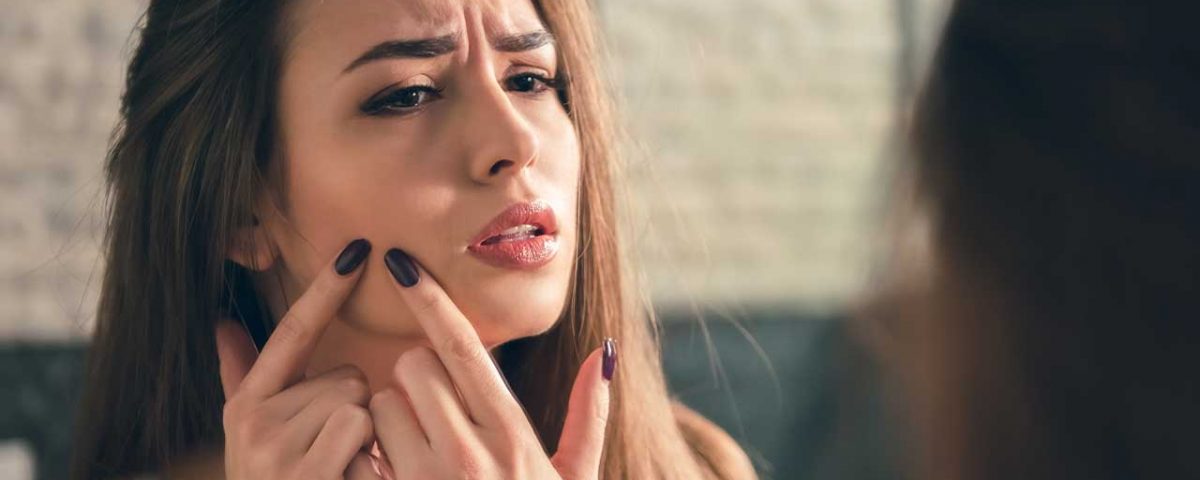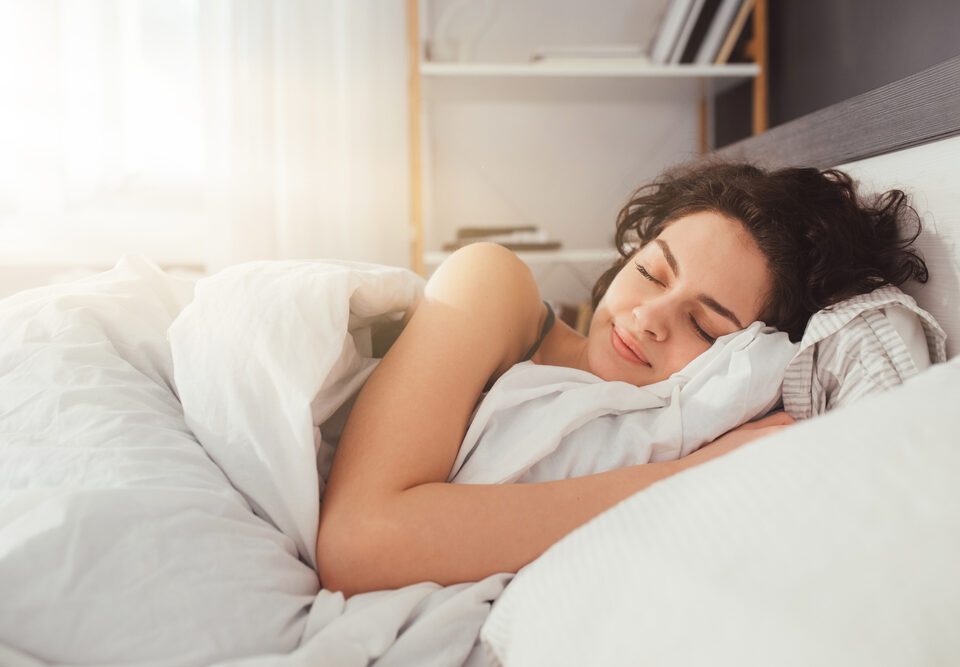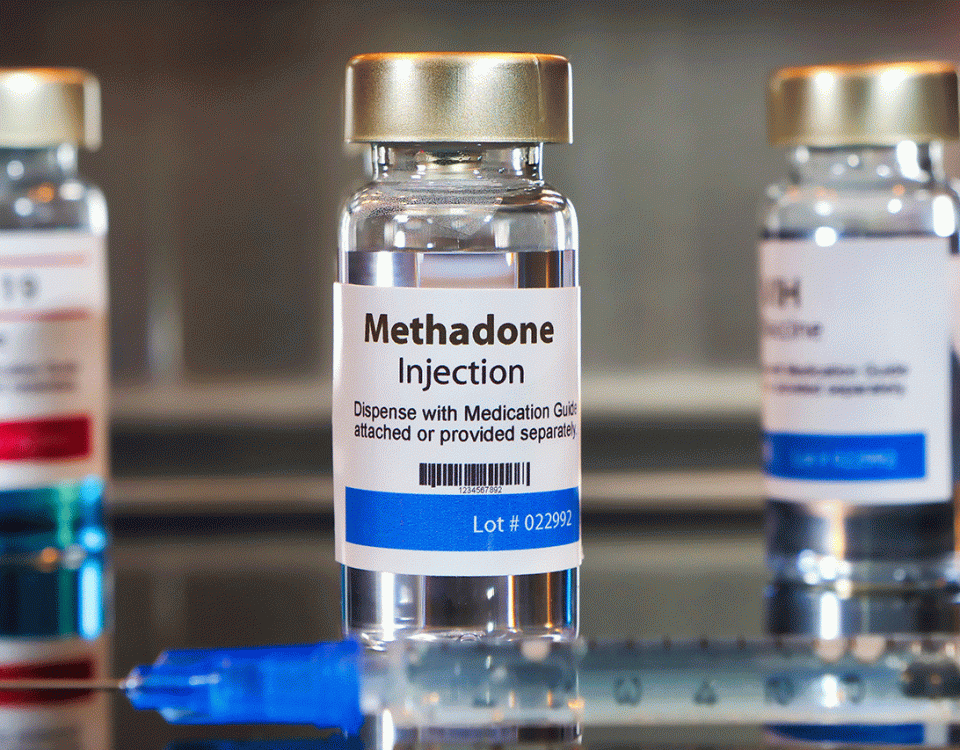Acne is a chronic skin condition that causes spots and pimples, commonly found on the face, shoulders, and back. Whiteheads, blackheads, pimples, and cysts are all forms of acne. Factors that contribute to the cause of acne range from hormonal imbalance, emotional stress, climate, and even some medications. The question is, does alcohol cause acne? Alcohol doesn’t directly cause acne; however, it does disrupt the body in other ways that affect the skin, causing acne.
How Alcohol Affects Skin
Now, alcohol does not directly attack the skin, but it affects the immune system and hormones that play a role in skin care. The immune system keeps harmful bacteria and viruses safe from surfacing and causing illness in the body. Alcohol can decrease the number of cytokines and other protective cells that keep your body healthy. Alcohol impacts your hormone levels, and an increase in levels can stimulate oil glands and oil clogs pores, resulting in a breakout on the skin.
Alcohol and Inflammation
Forms of inflammatory acne include papules, nodules, and cysts. There are numerous reasons for inflammation, such as the increase of hormone levels, but also alcohol is processed as sugar in the body which can contribute to inflammation.1 Mixed drinks contain syrups and juices high in sugar, which does not help someone already battling acne.
In addition, stay hydrated! Water is excellent for the skin, and alcohol is a diuretic, increasing the body’s urine production. Dehydration results in inflammation and clogged pores, so continually drink water while drinking.
Alcohol and Acne
We know that alcohol does cause acne, but do we know if certain types of alcohol trigger acne? Clear liquors, such as vodka, are often used in sugary mixed drinks, doubling sugar intake. Mixed drinks will dehydrate your skin and cause a breakout.
Dark liquors increase bodily inflammation and, as mentioned, cause the skin to show redness and produce pimples. Red wine is high in tannins which dilates blood vessels and makes the skin inflamed. If you are to drink, it is crucial to drink in moderation. Alcohol and acne do go hand in hand due to the effects of alcohol on the skin and body.
Effects of Alcohol on Skin and Aging
Alcohol and acne are one scenario, but drinking, especially for a long duration, can make a person’s appearance seem to age. Vasopressin is a hormone that helps the body retain water. Since alcohol can cause the elimination of water in the body and dehydrate the skin, it results in the formation of lines and wrinkles.
In addition, a person’s skin loses elasticity, especially under the eyes, where the skin has the thinnest layer. So yes, alcohol and aging, just like acne, are a reality and can happen quickly if a person does not take necessary precautions or drinks constantly.
Our Pompano Treatment Center
Our Pompano rehab center welcomes you to start the journey to recovery. From addiction treatment to mental health services, we have what you need to get safely through recovery. Our licensed therapists provide unique therapeutic methods to assist patients during healing.
If you or a loved one needs drug or alcohol addiction treatment, please do not hesitate to call our team. We always have someone available to answer any questions that you may have. It is important to take action quickly so you can get back to living a productive and fulfilling life.
Contact Banyan Treatment Center Pompano at 888-280-4763 today to learn how our levels of addiction treatment can help you or a loved one.
Source:
- SkinKraft - Alcohol And Acne: Can Drinking Cause Breakouts?
Related Reading:









